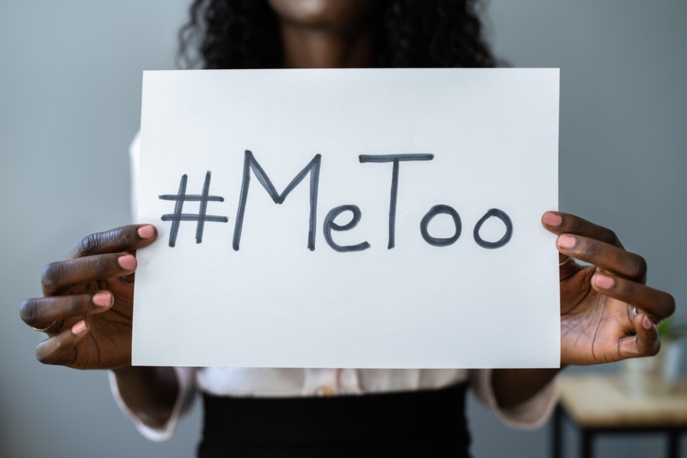Photo Credit: AndreyPopov
This October marks seven years since the #metoo movement went viral, a watershed moment that spurred millions of survivors to share their stories of sexual harassment, misconduct and abuse. The movement gave survivors additional space to publicly share their stories, shining a light on the pervasive nature of sexual violence in modern culture. Many employers recognized the harms and risks sexual violence caused to their reputation, business and employees and took steps to make changes to policies and practices.
One of the most significant ways employers have adapted is the inclination to take swift and significant action when complaints of sexual harassment are made in the workplace. Companies also recognized that culture change in a workplace requires expanding diversity and promoting equity beyond gender. Other noteworthy changes include: examining policies as to what complaints get investigated, sexual harassment training programs and policies, revisiting social media policies, revising consensual relationship policies and cultural shifts in the workplace.
While #metoo drove increased awareness, changes in workplace norms and legislative action on these issues, there’s still a great deal of work to be done.
Research from Tulane University, supported by RALIANCE, found that the lifetime prevalence of sexual harassment and assault is more than 80% for women and more than 40% for men, respectively. A recent McKinsey report found that roughly 40% of working women experience sexual harassment at some point in their career, a percentage that has remained stable over the past five years. Those of us at RALIANCE come to work every day with the goal of creating a society free of sexual harassment, misconduct and abuse. These statistics – stagnant since the movement went viral – show us we as a society and as an organization can – and must – do better. So how do we do that?
In collaboration with Uber, RALIANCE developed the first industry-specific taxonomy for rideshare companies. This classification system was borne out of the understanding that specific data is a key component to addressing and preventing sexual violence. It was designed and tested to help companies better measure safety incidents in their organizations and across business operations. Post-#MeToo, Uber and Lyft released first-of-their-kind safety transparency reports. Sexual violence happens across all sectors and industries, and rather than shying away from the topic Uber and Lyft brought them to the forefront of their conversation about safety on their rideshare platforms. Through the publishing of these public safety reports, Uber and Lyft demonstrated their dedication to preventing sexual violence and harassment on their platforms. These reports help us to understand the full scope of the issue, get data on what is actually occurring on the platforms and make changes that will help prevent sexual misconduct and abuse.
Regular trainings focusing on identifying and preventing sexual harassment, misconduct and abuse are essential, as is having a clear and comprehensive policy covering these behaviors. However, equally important is acknowledging that these behaviors may still occur and committing to an environment in which all employees feel comfortable and survivors are supported. This might be through undertaking an assessment to understand your organization’s current approach, implementing an open-door policy and promoting culture change from the top down or showing employees that managers take the issue seriously and would respond respectfully and accordingly in the event of an incident. Understanding the scope and nature of any sexual misconduct or violence occurring through data is one of the keys to addressing it head on. Employers should also assess their workplace culture and root out practices that can contribute to a culture where sexual misconduct is passively accepted. They should also explore how to better approach accountability for those that have caused harm in their workplace, while ensuring their approaches are survivor-centered. It is vital that harm is addressed, not simply passed on to the next employer to handle.
Seven years on from when #metoo first went viral, there’s still much work to be done. Even so, there’s so much progress that’s been made towards supporting survivors and destigmatizing sexual harassment, misconduct and abuse. We believe that every training, every revamped workplace policy, every conversation gets us closer to a world free of sexual violence.
If you want to learn more about RALIANCE and how you and your organization can be part of the solution, let’s talk!
RALIANCE is a trusted adviser for organizations committed to building cultures that are safe, equitable, and respectful. RALIANCE offers unparalleled expertise in serving survivors of sexual harassment, misconduct, and abuse which drives our mission to help organizations across sectors create inclusive environments for all. For more information, please visit www.RALIANCE.org.

